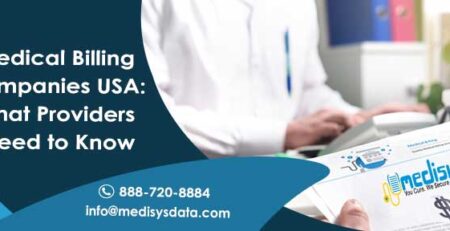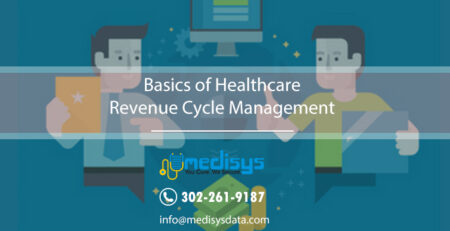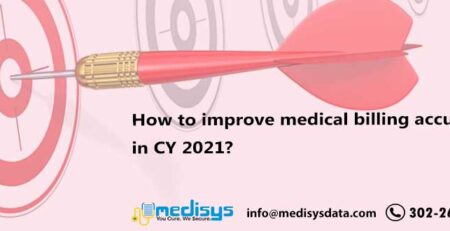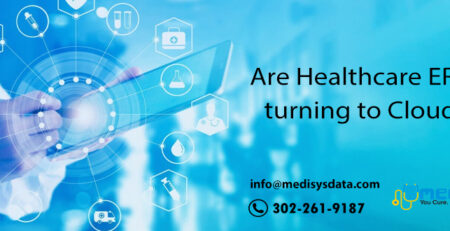Proposing multiple ways to pay medical expenses is a proven strategy for medical billing and coding services to help providers and their clients engage patients in the payment process and improve patient collections. As payment accountability increases, they bring expectations from their consumer experiences and demand new ways to pay their healthcare bills. To meet these customer demands, billing services can expand payment channels and include online/digital payments, and plans.
But, if not properly managed, these payment channels can significantly increase the risk for a data breach for billing agencies and their provider clients. Billing services that are at risk of a data breach face serious repercussions that can impact client trust and ultimately future revenue.
By using industry-proven best practices and secure payment technology, physicians can greatly reduce security risks to payment data and ensure sensitive information is protected.
Here are three opportunities to safeguard payment security of your healthcare billing.
Online, Digital and Mobile Payments
According to InstaMed trends Healthcare Payments Annual Report, a whopping 93 percent of patients are willing to pay their hospital bills online. The most secure way to deliver this payment option is to look for an embedded solution. Embedded payment solutions allow medical billers to securely collect payments online and from mobile devices and apps without credit card data passing through their networks.
Some healthcare facilities and outpatient physicians may hesitate to offer mobile payment options as they have reservations about the level of security. However, mobile payment options are among the most secure channels available. For example, when a patient uses Apple Pay, the credit card data is encrypted and stored directly on the phone and is never passed to the merchant or Apple.
Automatic Payment Plans
As payment accountability increases, many billing organizations have started offering payment plans to allow patients to pay down large balances over time. But, payment plans can create a risk of an information breach if the billing department uses paper-based or manual processes to manage these recurring payments, like writing down payment information on paper that any staff member can access.
In its place, a billing service can securely save payment information on file by using technology that encrypts that documents as soon as it is entered, which significantly reduces the risk of payment data being stolen. Then the billing personnel can automate the collection of payment responsibly as the payment method is securely saved on file.
Point of Service (POS)
A large number of healthcare billers support providers who collect payment at the point of service. Billing companies can offer the highest level of security to this segment of clients with POS devices that are EMV-capable and provide point to point encryption (P2PE).
As a healthcare industry professional you must be aware of EMV; which stands for Europay, MasterCard and Visa. It is a global standard for authenticating payment card transactions with integrated circuit cards, or chip cards, at capable point-of-sale terminals. EMV authenticates in card-present, face-to-face transactions that a card is valid and not created with stolen card data. The chip on the card generates an active piece of data that speaks to the card issuer during a transaction, enabling the issuer to recognize the card, authenticating it.












